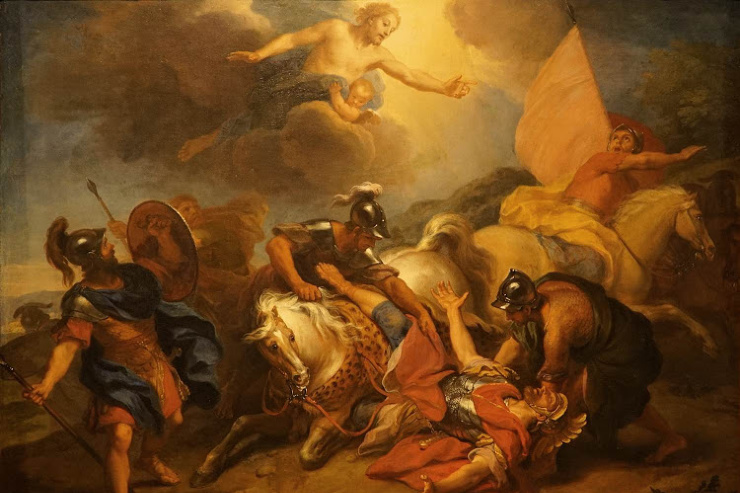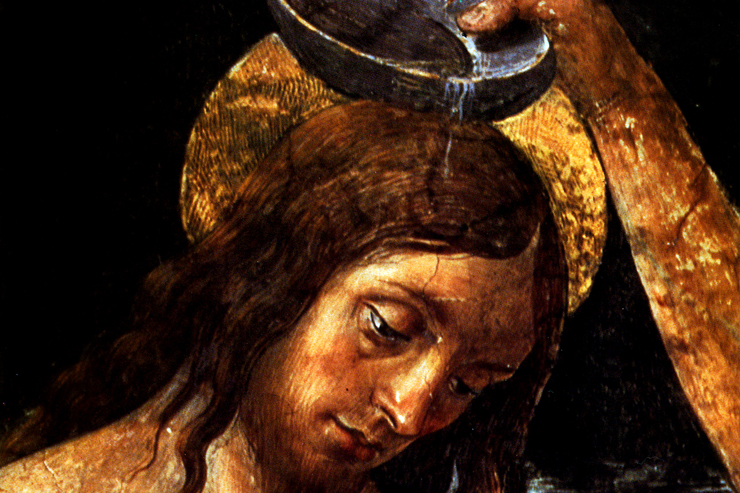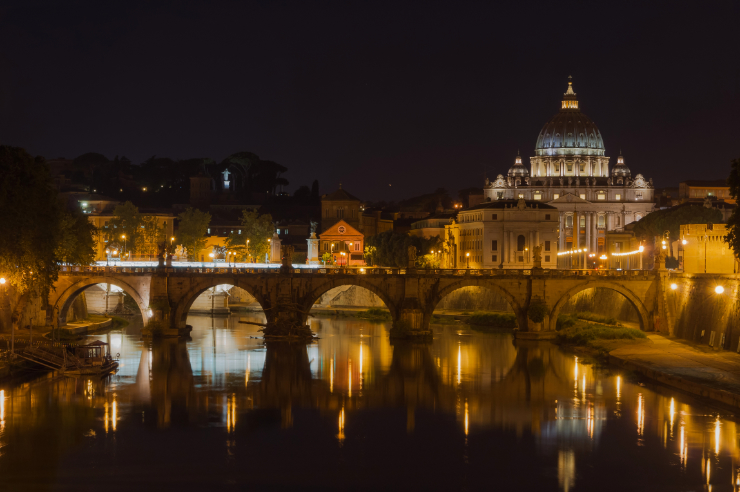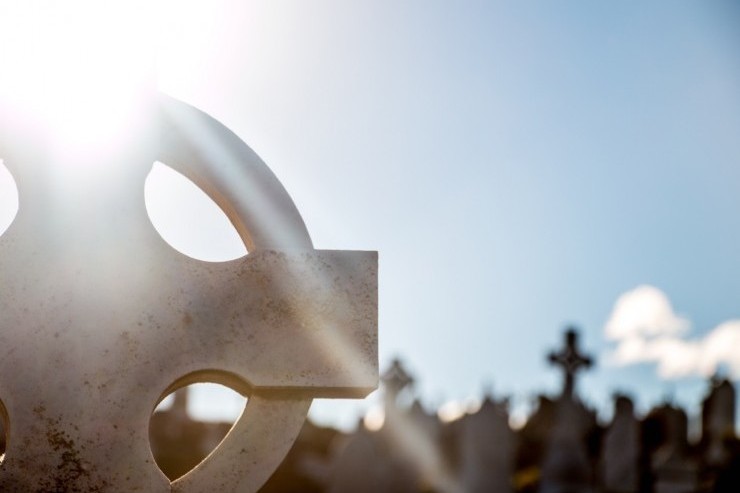Today we celebrate the Feast of the Conversion of St. Paul. St. Paul is one of the few saints that has more than one feast on the liturgical calendar. We will celebrate his life again on June 29, a day he shares with St. Peter.
The story of St. Paul’s conversion, recounted three times in the Book of Acts, is the most famous conversion story of all time. It has been the inspiration for numerous artists over the centuries and has led to quite a few discussions in my own house about important things like, “Was there a horse?”
Paul’s conversion story, as beautiful and dramatic as it is, leads to a few misunderstandings of most conversions.
Conversion is not overnight.
It’s usually not something overnight. There are stories of people who have had miraculous, direct interventions by God that have changed their lives. One of my favorite stories is the story of the conversion of Alphonse Ratisbonne, an ardent atheist and hater of Catholicism who converted to Catholicism after a profound experience and vision of the Blessed Mother in 1842. But more generally, conversion is a process. In fact, it’s often a slow and painful process.
As famous and dramatic as St. Augustine’s conversion was, if you read The Confessions, you’ll find it wasn’t overnight. Pick up Scott Hahn’s Rome Sweet Home or Jen Fulwiler’s Something Other than God, and you’ll see the same. Rarely do people go from persecuting or despising the Church one day to full-fledged committed Catholics the next. It doesn’t often come at the easy snap of a finger, but more often happens with uncomfortable purgation and surrender.
Conversion is not one moment.
It’s also not one and done. We often have high expectations of people—that committed Catholics never mess up or that holy people never sin. Perhaps we need to be slightly more merciful of people as they navigate through this life, with its lows and valleys that are impassable without the grace of God.
J.D. Flynn, editor-in-chief of Catholic News Agency, said something interesting last week in a supplement to the CNA podcast. He noted, “A paradigm of the contemporary world is that everything is permitted and nothing is forgiven.” Our modern world is remarkably tolerant about all sorts of immorality and sin. But certain things are seen as inexcusable and unforgivable. It seems that once someone crosses a specific line that society has drawn, he or she is cast out and unable to be redeemed. Thank you, God, for not holding me to the same standard. We have a God who has told us the only sin that’s unforgiveable is our despair that we are forgivable.
It’s not that we should let grievous sin slide, or that people shouldn’t be held accountable for their mistakes. But let us not despair of God’s mercy for anyone. And let us not forget that all our heroes have feet of clay. We live in a world of flawed human beings. Conversion is a process of a lifetime, and we should never underestimate the power of temptation and concupiscence.
I love this reminder from St. Josemaria Escriva: “Don’t forget that the saint is not the person who never falls, but rather the one who never fails to get up again, humbly and with a holy stubbornness” (Friends of God, 131).
Conversion is not just something that happens to them.
I love a good conversion story. Being a cradle Catholic, I love hearing how and why people are drawn to the Catholic Church. I love to see how God is working in people’s lives and to be reminded of that “hound of Heaven” who goes to great lengths to bring people home.
But there is a temptation to think of conversion stories as things someone else tells.
We all have a conversion story. In fact, we are in the midst of our conversion stories. Every morning, after the alarm goes off, our conversions begin again. What will I do today to grow closer to Christ? How will I renew my baptismal promises today – not in word, but in action? How will I reject Satan, his works, and his empty promises? How will I live my faith today?
Conversion isn’t something that just happens to people over there. It’s necessary for me. Daily.
God has given me 24 hours today. How will these hours be part of my conversion story? If they aren’t lived for Him, who are they lived for?
What if we began to see the world as people in the midst of their conversion stories? Rather than pass judgment on the sinners, perhaps we begin to see them as potential saints? Rather than see ourselves as comfortably converted (past tense), we see each day as a new opportunity to grow in holiness? If we aren’t growing, we are stagnant. Instead, let’s go be saints.
Another gem from St. Josemaria Escriva:
“It’s true that he was a sinner. But don’t pass so final a judgment on him. Have pity in your heart, and don’t forget that he may yet be an Augustine, while you remain just another mediocrity” (The Way, 675).
















